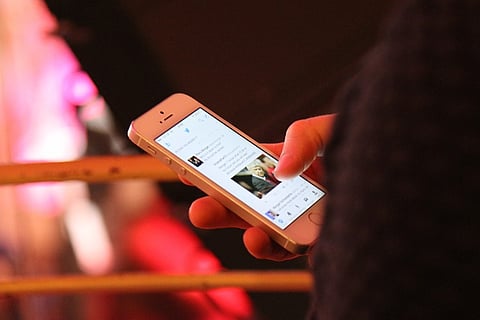

Following a spate of objections and intense criticism, social media platform Twitter has now come out with a definitive policy framework on fake videos posted on its site. The company has, after prolonged deliberations, decided to use three key questions to evaluate any fake or manipulated videos.
These three are:
-Was the video or photo “significantly" altered?
-Was it shared “in a deceptive manner"?
-Is it a threat to public safety, or could it cause user harm?
Each of these questions will have to be answered first through their own internal processes.
On the first, the manipulation of videos is being carried out by using artificial intelligence and other software and the faces and the voices of the individuals in the videos get altered or manipulated to present a distorted picture. The same goes for the photos as well. This can convey a totally wrong impression those viewing the video. Twitter calls them deepfake videos and it has the capability to identify them once uploaded on to their site.
In the nest stage, the Twitter management will have to take a call in the intentions of the person for uploading a fake video. Though any individual can indulge in such pranks to misuse a popular medium like Twitter, the biggest threat is in the political sphere and with the United States facing an election year, Twitter is coming under increasing pressure to set its priorities right on this score. A recent incidence of a doctored video of House Speaker Nancy Pelosi doing the rounds on Facebook created a furore before action was taken to label it as fake. Facebook let the video be on its site however.
This is what Twitter is also expected to do, though this is a highly subjective issue. If Twitter finds any video on it platform has been “substantially” altered, it will immediately be labelled so that whoever gets to watch it will know it was not a genuine video.
Now the third one, perhaps the most critical of all and again subjective in nature says, if the video or photo were to result in a threat to the public safety or harm, then the video will be removed from the site. Whether it is Twitter or Facebook, they argue that they wouldn’t want to curb the freedom of expression of people around the world. They are however forced to content with habitual offender and anti-social elements who deliberately create social unrest by spreading falsehood using their platforms.